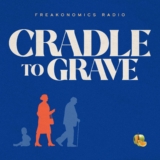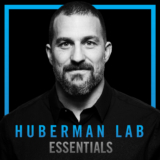.lightweight-accordion { border: 1px solid #ccc; border-radius: 4px; margin: 10px 0; } .icon-container { display: flex; ...
The U.S. has been policing bribery all over the world for nearly half a century using a law called the Foreign Corrupt Practices Act. But now, President Trump ...
.lightweight-accordion { border: 1px solid #ccc; border-radius: 4px; margin: 10px 0; } .icon-container { display: flex; ...
.lightweight-accordion { border: 1px solid #ccc; border-radius: 4px; margin: 10px 0; } .icon-container { display: flex; ...
.lightweight-accordion { border: 1px solid #ccc; border-radius: 4px; margin: 10px 0; } .icon-container { display: flex; ...
.lightweight-accordion { border: 1px solid #ccc; border-radius: 4px; margin: 10px 0; } .icon-container { display: flex; ...
Dr. Martha Beck explains how the right hemisphere of the brain, through creative thinking, can be a sanctuary for those struggling with anxiety. While ...
How can we create new habits – and stick to them? Is it really a case of will power, motivation, then repetition? Or could there be a simpler approach? Feel ...
.lightweight-accordion { border: 1px solid #ccc; border-radius: 4px; margin: 10px 0; } .icon-container { display: flex; ...
.lightweight-accordion { border: 1px solid #ccc; border-radius: 4px; margin: 10px 0; } .icon-container { display: flex; ...
.lightweight-accordion { border: 1px solid #ccc; border-radius: 4px; margin: 10px 0; } .icon-container { display: flex; ...
Has feminism betrayed the very women it promised to empower? Deborah France-White, Louise Perry, and Erica Komisar go head-to-head on the hidden costs of ...
- « Previous Page
- 1
- …
- 53
- 54
- 55
- 56
- 57
- …
- 576
- Next Page »




